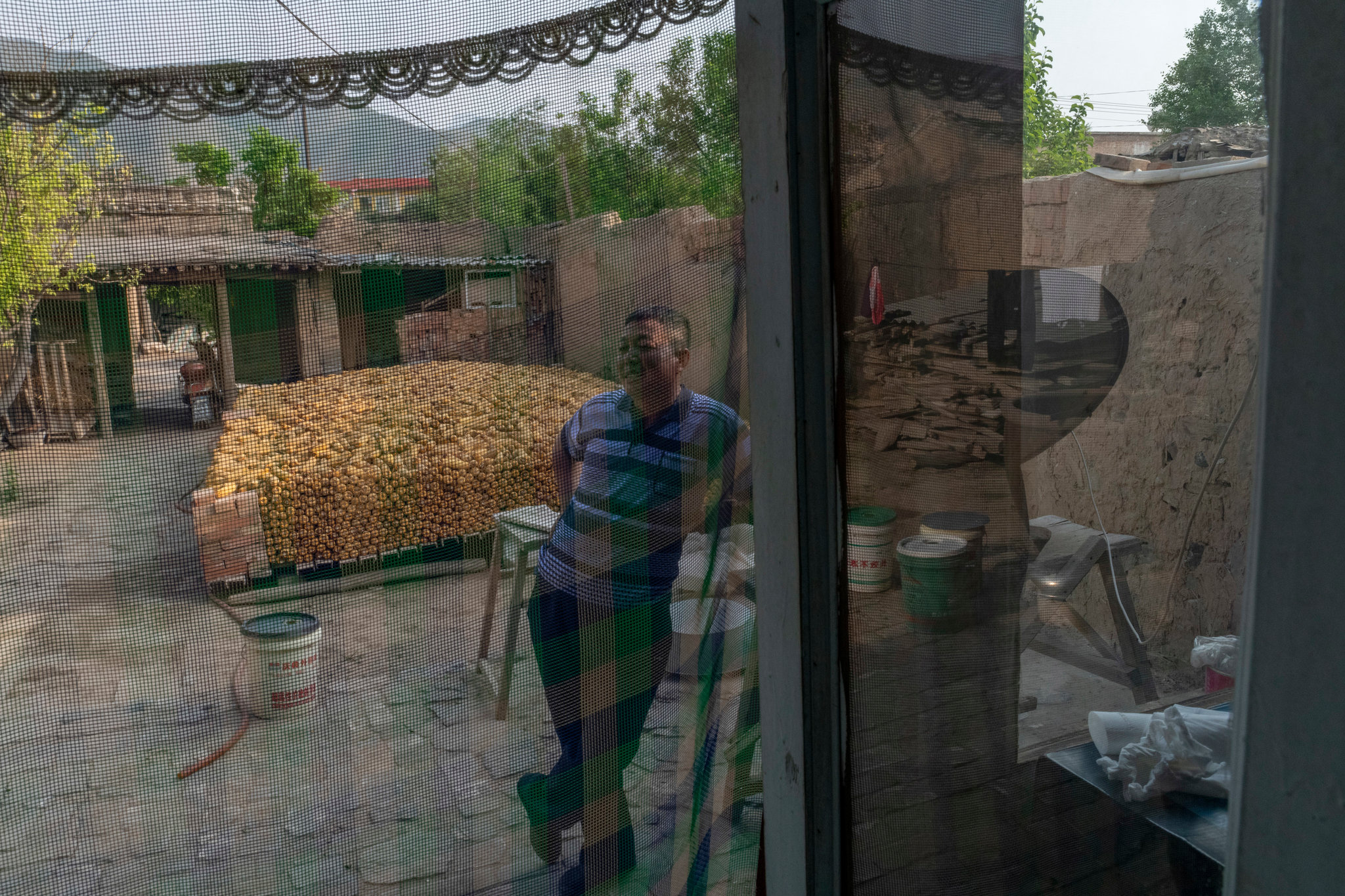Media Report

- The New York Times reports: "As young people leave for the cities, more small farmers are leasing their land for others to work. That is a monumental shift for a country where small family farms have dominated the rural landscape for centuries. Other wealthy countries, like the United States, saw farms grow as the rural population shrank. Only relatively recently has that begun to happen in China. In the 1980s, the government broke up the giant communes favored by Mao Zedong and redistributed the rights to farm individual plots to households. Further changes in government policy in the mid-1990s made those land rights secure enough for farmers and others to have the confidence to rent land on a wide scale. China's agriculture sector is far from being dominated by big commercial farms, as it is in the United States, but the process has begun. It may sound tragic, as a traditional way of life gives way to modernization, much like the disappearance of the small American family farm. But the transformation is good for China and the entire global economy."
- The Washington Post reports: "French authorities launched an investigation into the disappearance of Interpol president Meng Hongwei, whose wife informed French police that he went missing after returning to his native China last week, local media reported Friday. Meng, a former government minister, was last seen Sept. 29, his wife said, according to unnamed French police officials cited by France's Europe 1 radio station. Other police officials also confirmed the investigation to the Reuters news agency. Interpol — headquartered in Lyon, France — is an international organization facilitating police cooperation across borders. Meng's wife reported her husband's disappearance to French authorities because she has been living in France with their children, Europe 1 reported."
- CNBC reports: "With the American markets on a tear and Chinese shares on a downturn, it appears that U.S. stocks are weathering the escalating trade war far better than China's. One reason for the trend is due to Chinese markets' exposure to non-energy commodities, according to a study published in August by Axioma, a risk and performance analytics provider. "The tariff spat caught China more exposed to changes in broad non-energy commodity prices, and the recent downturn in these commodities has weighed heavily on the Chinese market," said Diana R. Rudean, director of applied research at Axioma.Shifts in the commodity trade are early indicators of global economic health and trade flows and are especially pertinent in the ongoing trade dispute as China consumes much of the world's raw materials.
Calendar
- 2018-10-04 US and China are at risk of a '10- or 20-year' economic cold war, former Fed governor Warsh says
- 2018-10-03 The U.S. and China are playing a dangerous game. What comes next?
- 2018-10-02 Trump's trade victories mean the White House can now 'focus all its ire on China'
- 2018-10-01 Mattis Trip to China Canceled
- 2018-09-28 China, Russia take their turn at the UN
- 2018-09-27 China Rejects Trump’s Charges of Meddling in U.S. Elections
- 2018-09-26 China cancels US warship visit to Hong Kong amid military sanction backlash
- 2018-09-25 China says the U.S. is ‘holding a knife to our neck’ in trade war
- 2018-09-24 Trump’s Tariffs May Hurt, but Quitting China Is Hard to Do
- 2018-09-21 China 'outraged' by US sanctions over Russian weapons buy
News
- The Washington Post The Chinese head of Interpol has disappeared — in China
- CNBC US markets have a trade war edge over China: Commodities
- The New York Times China's Small Farms Are Fading. The World May Benefit.
- CNBC After Pence slams China in new speech, Beijing says he's 'confusing right and wrong'
- CNN Pentagon report accuses China of trying to undermine US defense industry
- The Wall Street Journal China Expands Its Cybersecurity Rulebook, Heightening Foreign Corporate Concerns
- Politico North Korea looks to get China, Russia on side before denuclearization talks with US
- Reuters America First is hurting China's business
- The New York Times Hidden Stories of Chinese Migration and Culture Found in Giant Genetic Study
- CNBC China's alleged tiny-chip spying on US tech giants was 'pretty amateurish,' says ex-Senate advisor
Commentary
- Financial Times Fan Bingbing, China's screen empress, silenced
- The National Interest Tale of the Tape: China vs. America (Which Military Would Win in a War?)
- The New York Times Will China Hack the U.S. Midterms?
- Bloomberg China's Urge to Splurge Is the Wrong Growth Model
- The Washington Post The Trump administration just 'reset' the U.S.-China relationship
- Bloomberg China's Big Hack Has Big Implications
- NPR Opinion: China's Long Game On Human Rights
